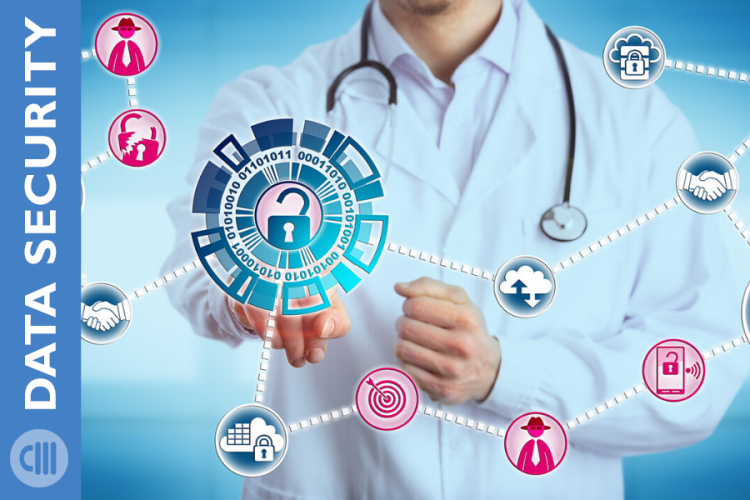Data security is a major concern across different industries, especially now that most businesses have an online presence. However, data security is important in the health sector since healthcare facilities and systems collect, store, and manage sensitive personal and healthcare data. Failure to protect patients’ information could lead to financial losses, among other negative consequences. Here are a few important tips to help protect healthcare data in healthcare facilities.
Reasons to Protect Healthcare Data
Generally, health organizations record names, payment details, insurance information, medical history, diagnosis, genetic profiles, birth dates, admission dates, death dates, and treatment dates. Phone numbers, fax numbers, and addresses might also be prime targets for criminals seeking to steal from patients’ information. Criminals might also strive to get social security numbers, biometric identifiers, medical record numbers, photographs, and medical reports.
Unfortunately, criminals can use this information for personal gain. For example, they can use the data to steal money from patients or expose the information to third parties. Therefore, cybercriminals usually target hospital systems to access this data. Thus, healthcare facilities must establish reliable cybersecurity measures to prevent unauthorized access to patient information and ensure quick responses to data breaches.
Healthcare Data Threat
The healthcare industry is always at risk of cyber-attacks since health facilities have prime data that criminals can use for criminal operations. But what are the chances of data breaches in the healthcare sector? To understand the risks, it is important to look at the statistics. In 2020, only 515 data breaches were reported, affecting millions, highlighting the magnitude of the problem. Besides exposing sensitive patient data, data breaches affect the reputation and performance of health service providers. Therefore, hospitals should strive to prevent unauthorized access to sensitive data.
Data Protection Regulations
Regulations such as the Health Insurance Portability and Accountability Act (HIPAA) seek to help protect healthcare data and considerably reduce the risk of data breaches. HIPAA sets strict standards for organizations handling sensitive healthcare data to minimize data breach risks. Therefore, health service providers can now share sensitive information through HIPAA fax for healthcare organizations, among other HIPAA-certified communication systems. This reduces the risk of cybercriminals intercepting data during transmission. Besides, compliance with data security regulations is not just a requirement for healthcare institutions but also a way for health facilities to show their commitment to protecting patients’ data.
Measures Healthcare Organizations Can Take to Protect Data
How can hospitals protect sensitive data from patients? One way they can do so is by investing in a reliable health or laboratory information management system. These types of software are designed to improve the logging of patient records or tracking of samples, but they also come with an improved layer of encryption and security compared to regular systems. This means that aside from the better in-house processes that they can benefit from, hospitals can also have peace of mind in knowing that the confidential information they have on fragile is safe and secure. In addition to this, healthcare organisations can also hire cyber security experts and install relevant data security controls. For example, they can install anti-malware in their computer systems, data loss prevention software, data encryption software, two-factor authentication systems, logging and monitoring systems, and patch management software.
Since technical and software controls are not enough to prevent data breaches, health organizations should establish in-house data security policies, provide a security assessment process, offer continuous awareness training, have a data security compliance team, and establish a data breach response plan. This goes a long way toward protecting sensitive data.
Why do health service organizations strive to protect healthcare data? Healthcare data is a prime target for data breaches since criminals can access sensitive information they can use to their advantage. Therefore, health facilities need reliable strategies to protect data. Data security helps protect patients’ information, build trust, protect reputation, and comply with relevant data security regulations.
